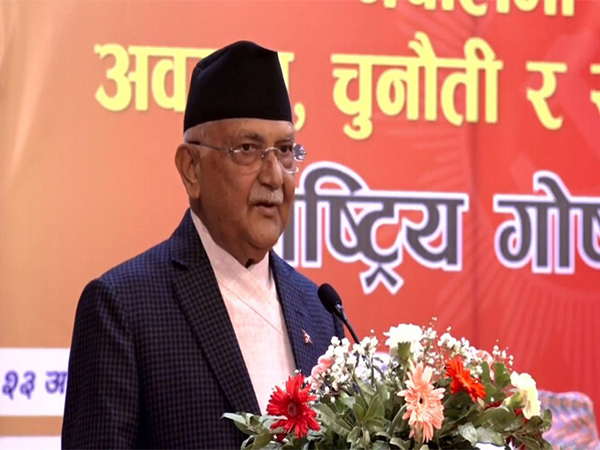Political Turmoil in Nepal: Prime Minister Resigns Amid Violent Protests
Nepal's Prime Minister, K.P. Sharma Oli, resigned amid violent protests and anti-corruption demonstrations, despite an indefinite curfew. Demonstrators defied authorities, calling for a corruption-free future. The unrest, the worst in decades, left 19 dead as protesters clashed with police leading to heightened political instability in the country.

Amid escalating unrest in Nepal, Prime Minister K.P. Sharma Oli resigned on Tuesday following days of violent protests against government corruption. Despite an indefinite curfew, demonstrators took to the streets, leading to clashes with police where tear gas and rubber bullets were used, resulting in 19 fatalities and over 100 injuries.
Oli's resignation comes as the country's worst political unrest in decades intensifies, further destabilizing the nation known for its political volatility since the 2008 abolition of the monarchy. Oli emphasized the need for peaceful dialogue and expressed sadness over violence attributed to 'selfish centers' without directly addressing corruption allegations.
The protests, led primarily by young Nepalis frustrated with corruption and lack of economic opportunity, saw demonstrators defy curfews to express dissatisfaction. International entities, including neighboring India and several Western embassies, have appealed for restraint and resolution through dialogue as the situation unfolds.
(With inputs from agencies.)
ALSO READ
Violence Erupts During Demolition in Kankrola Village
Rajasthan Assembly Passes Controversial Anti-Conversion Bill Amidst Opposition Protests
Tensions Rise: Doda Protests Highlight Political Conflict
Global News Round-Up: Political Shifts, Protests, and Power Struggles
Nepal Army's Call for Unity Amidst Rising Protests










